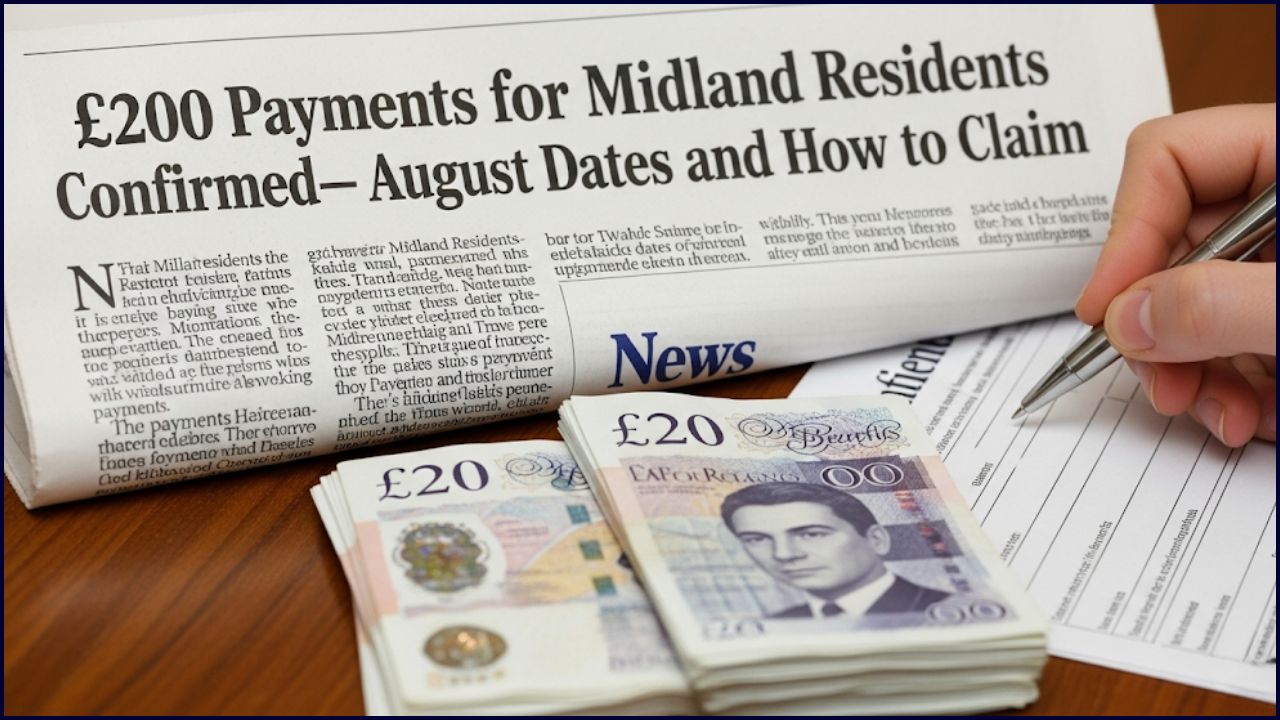When it comes to estate planning, inheritance tax (IHT) is a dreaded topic for many. This is the tax that can swallow a significant portion of your wealth, leaving your heirs with a smaller inheritance than you intended. But what if new tax rules were about to make this burden even heavier? That’s the reality for UK residents as new inheritance tax regulations are set to take effect in 2027.

These changes are particularly concerning for cohabiting couples and those with substantial pension pots, and they could mean losing as much as £82,000 from your legacy. Let’s break down these new rules, why they matter, and how you can protect your assets from unnecessary tax hits.
Inheritance Tax Just Got Uglier
| Key Point | Details |
|---|---|
| New IHT Rule | Starting in April 2027, pensions will count towards your estate for IHT purposes. |
| Impact on Cohabiting Couples | Cohabiting partners will be hit by inheritance tax due to lack of spousal exemption. Example: £82,158 IHT on moderate estates. |
| Frozen Thresholds | The IHT nil-rate band (£325,000) and the residence nil-rate band (£175,000) are frozen until 2030. |
| Financial Impact | A London homeowner with an average home price of £565,637 could owe over £192,000 in IHT due to rising property values and pensions. |
| Proactive Estate Planning | Update your will, explore gifting and trust strategies, and consult estate planners to reduce IHT exposure. |
The new inheritance tax rules could significantly reduce the amount of wealth you pass down to your loved ones, especially for cohabiting couples and those with substantial pension pots. However, with proactive estate planning, you can reduce your IHT liability and ensure your family receives as much of your wealth as possible.
Now is the time to review your will, explore gifting and trust options, and consult professionals to create a plan that works for you. Don’t let these changes catch you off guard—prepare today and protect your legacy for tomorrow.
The New Inheritance Tax Rules—What’s Changing?
For years, if you passed away before reaching the age of 75, your pension pot was largely exempt from inheritance tax. This meant that pensions could be passed down to your family without incurring the hefty tax that applied to other parts of your estate.
But starting in April 2027, that’s going to change. Pensions will be included in the estate for IHT purposes, even if the individual dies before age 75. This is a big shift, and it could dramatically increase the amount of tax your estate owes. No longer will you be able to pass down your pension untouched—anything above the tax-free threshold will now be taxed at 40%.
A Real-Life Case Study: The Impact on a London Homeowner
Let’s say you live in London with a £565,637 home and a £415,000 pension pot. If you pass away under these new rules, your surviving family members could face an IHT bill of more than £192,000. That’s a significant chunk of your wealth that could otherwise have been passed down to your loved ones.
Now, if you’re a cohabiting couple, the situation becomes even more complicated. Cohabiting partners don’t benefit from the spousal exemption, which allows married couples to transfer assets between them without facing IHT. For cohabiting couples, this means that both the pension pot and the home could be taxed separately, potentially leading to a double whammy of tax liabilities.
What’s at Stake for Cohabiting Couples?
If you’re living with a partner but not married, the financial consequences could be devastating. Unlike married couples, cohabiting partners don’t enjoy the same IHT exemptions. In fact, if you pass away and your estate exceeds the £325,000 threshold (combined with the residence nil-rate band), your partner could face a large IHT bill.
For example, a cohabiting couple with an average-priced home of £290,000 and a moderate pension of £415,000 could see a £82,158 IHT bill. That’s a massive sum that would be better spent elsewhere—like securing the future of your surviving partner.
Case Study: Cohabiting Couple in Their 40s
Here’s an example of how these new IHT rules could affect a cohabiting couple in their 40s:
- Home Value: £290,000
- Pension Pot: £415,000
- IHT Bill: £82,158
Without the benefit of spousal exemption, the surviving partner would be left with the financial responsibility of paying the IHT. This could significantly impact their ability to live comfortably and preserve wealth for future generations.
UK Inheritance Tax: Before vs. After the New Rule
| Feature | Old Rule (Pre-April 2025) | New Rule (Post-April 2025) |
| Who Pays? | Based on “domicile,” a complex legal concept. Non-UK domiciled individuals could often exclude overseas assets. | Based on “residency.” Long-term residents (10 of the last 20 years) are now liable on their worldwide assets. |
| Overseas Assets | Often exempt for non-domiciled individuals, regardless of how long they lived in the UK. | Taxable for “long-term residents” on their worldwide assets, including properties, trusts, and bank accounts abroad. |
| Goal of the Rule | To tax people who consider the UK their permanent home. | To simplify the system and widen the tax net to include more wealthy individuals who have resided in the UK for a significant period. |
How to Prepare for the IHT Changes: A Step-by-Step Guide
Don’t panic—there are strategies you can use to minimize the impact of inheritance tax and protect your estate. Here’s how to prepare:
1. Review Your Will and Estate Plan
Take a close look at your will and ensure that it reflects your current circumstances. If you’re in a cohabiting relationship, now is the time to update your will to make sure your partner is properly protected.
2. Gifting Assets During Your Lifetime
One of the most effective ways to reduce your IHT liability is by gifting assets while you’re still alive. Gifts under £3,000 per year are IHT-free, and gifts made more than seven years before death are exempt from IHT altogether. Start thinking about how you can make the most of these exemptions while also benefiting your family.
3. Utilize Trusts
Another strategy is to create a trust. By transferring assets into a trust, you can remove them from your estate for IHT purposes. This is a more complex option, so it’s essential to consult an estate planner to ensure it’s set up correctly.
4. Consider Life Insurance
If you’re worried about covering the IHT bill, a life insurance policy can help. By taking out a policy with a written-in-trust clause, your beneficiaries will receive a payout that can help cover the cost of the inheritance tax.
5. Consult with Estate Planning Professionals
The new IHT rules are complex and could have significant consequences for your estate. It’s wise to consult with an estate planner or tax professional who can help you navigate these changes and create a strategy tailored to your financial situation.
Common Mistakes to Avoid
- Ignoring Updates to Your Will: Your life circumstances change—so should your will. Regularly updating your will is essential to making sure your assets are passed down according to your wishes.
- Failing to Plan for IHT: Many people underestimate how much IHT can eat into their estate. Start planning early to avoid any surprises later.
- Not Using the Seven-Year Rule: One of the biggest mistakes people make is failing to take advantage of the seven-year rule for gifting. Remember, gifts made seven years before death are IHT-free!
FAQs
1. How much IHT will I owe under the new rules?
The amount of IHT depends on the value of your estate. If your estate exceeds £325,000, you will owe 40% on the amount above this threshold.
2. What happens if I die before the age of 75?
Your pension will still be included in the estate for IHT purposes, potentially raising the amount of tax owed, even if you pass away before age 75.
3. Can I avoid IHT entirely?
It’s unlikely you’ll be able to avoid IHT completely, but there are several strategies—like gifting assets, using trusts, and life insurance—that can help reduce your liability.
4. What about cohabiting couples?
Cohabiting couples don’t benefit from spousal exemptions, so they’ll face higher IHT bills than married couples. It’s important to plan ahead to avoid any surprises.












